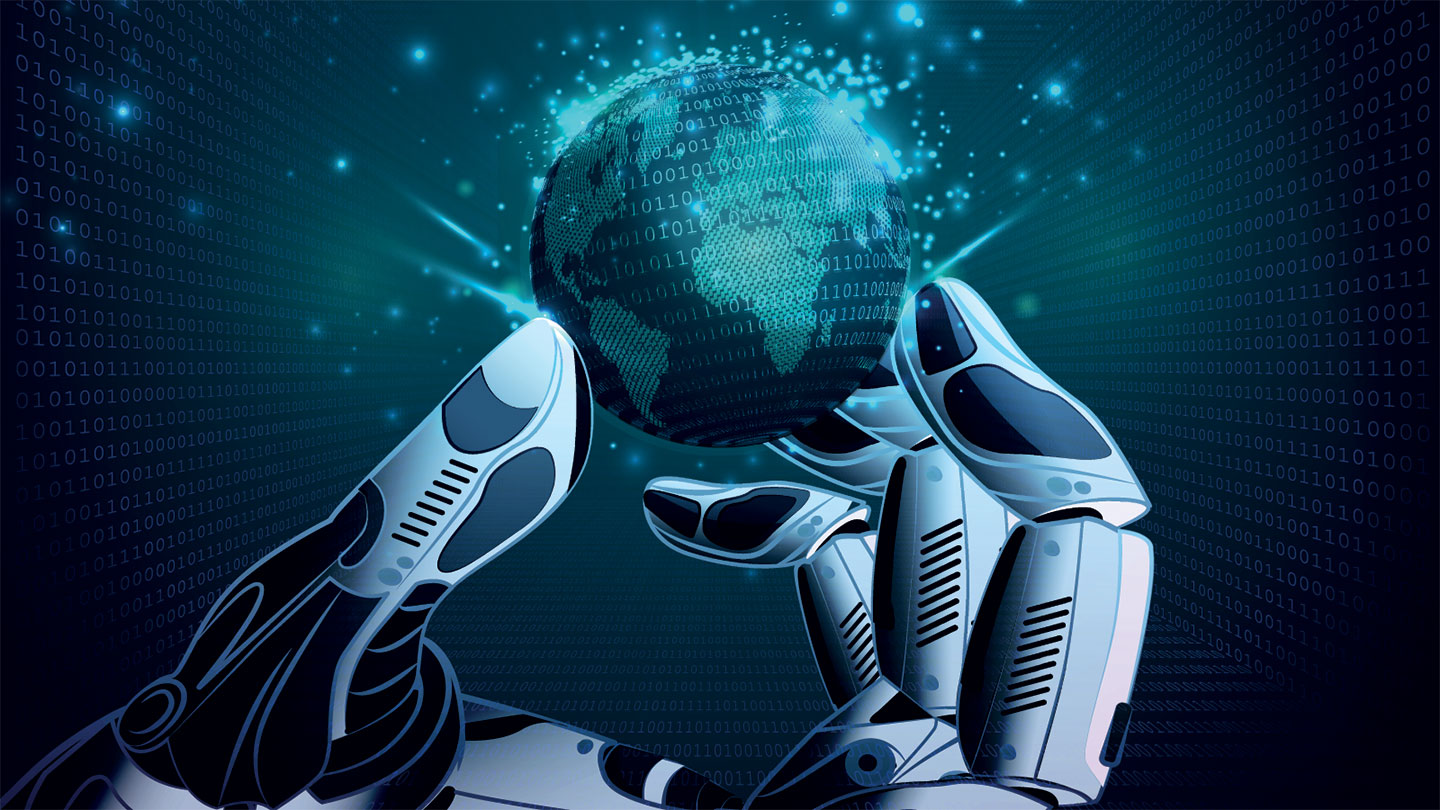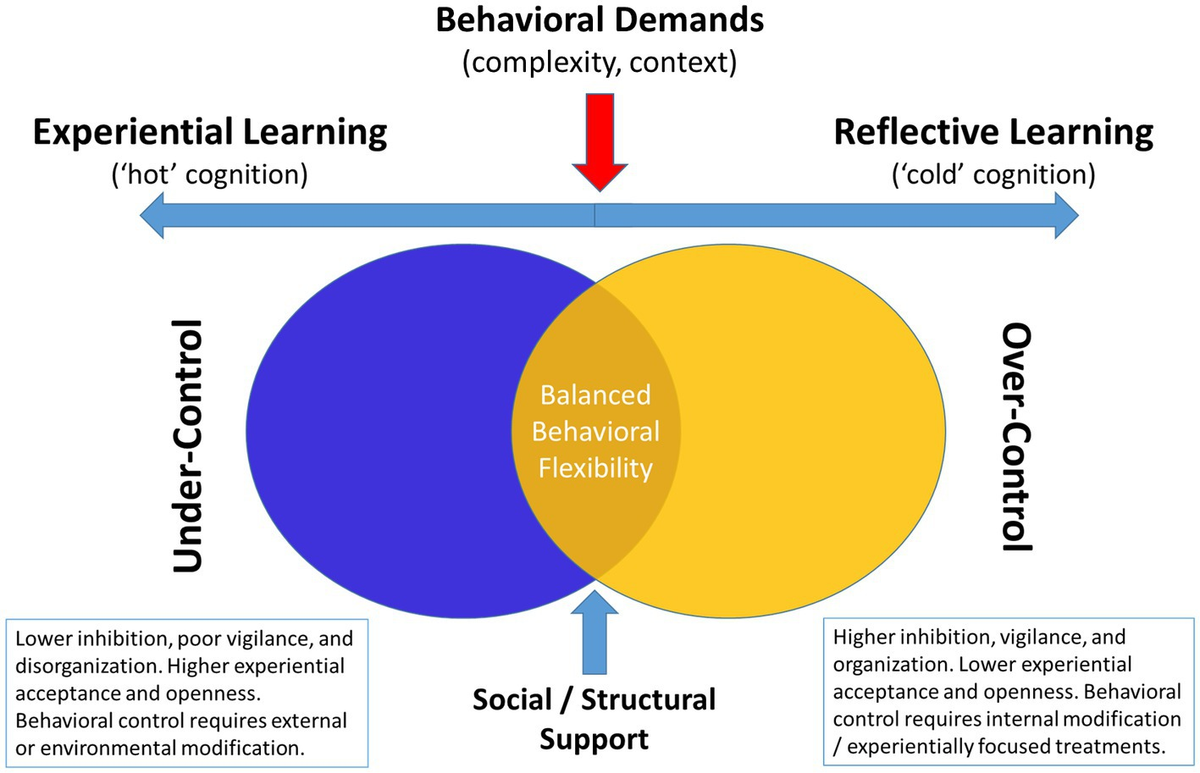Introduction: The Bionic Revolution and Human Emotion
The marriage of biology and technology—often referred to as bionics—has advanced rapidly in recent decades. Prosthetics, implants, and neural enhancements are no longer just for those who have lost bodily function; they are becoming integral to improving physical performance, sensory experiences, and even cognitive abilities. However, as these technologies push the boundaries of human capabilities, a crucial question emerges: How do these enhancements affect the emotional landscape of individuals?
In this article, we explore the psychological and emotional implications of bionic enhancements, the ways in which technology can reshape human emotional responses, and whether we are truly enhancing or altering our emotional states in the process.
Section 1: Understanding Bionics and Human Emotion

To understand how bionic enhancements might impact emotions, we first need to examine what bionics are and how emotions work.
Bionics, a fusion of biology and electronics, typically refers to artificial devices that replicate or enhance natural biological functions. From cochlear implants that restore hearing to prosthetic limbs that offer greater mobility, these devices are designed to replace or augment the body’s normal functions.
Emotions, on the other hand, are complex responses to stimuli that involve the brain, nervous system, and hormonal systems. They can be triggered by external events (like a traumatic injury or an unexpected success) or internal states (like hunger or fatigue). The interaction of these biological and psychological processes influences how we feel, think, and behave.
Section 2: The Emotional Impact of Restoring Function
One of the most immediate and profound effects of bionic enhancements is the restoration of lost functions. For people who have lost limbs or sight, the ability to regain mobility or vision is not just a physical achievement but an emotional milestone.
- Empowerment and Self-Esteem: The restoration of a physical function through bionic technology can have a remarkable impact on self-esteem. For many, the emotional relief of regaining mobility, or the joy of hearing again after years of silence, can lead to a sense of emotional freedom and empowerment. The person no longer feels “broken” or limited by their disability, which can significantly improve their overall mood and outlook on life.
- Psychological Healing: The emotional trauma that often accompanies the loss of a body part, sense, or function can be profound. Bionic enhancements, by reintroducing a sense of normalcy, can help alleviate the mental strain caused by physical loss. Many individuals report feelings of joy, surprise, and relief when they experience the effects of their bionic enhancements for the first time. These emotions are often akin to the stages of grief being alleviated—leading to a more positive mental state.
However, it’s important to note that the transition to using bionic devices can also trigger mixed emotions, such as frustration, anxiety, or sadness, particularly during the adjustment phase.
Section 3: Enhancing Human Abilities and Emotions
The impact of bionic technology doesn’t stop at restoring lost functions. Advanced bionic enhancements are pushing the boundaries of human potential, allowing individuals to exceed natural capabilities in areas like strength, sensory perception, and cognitive processing.
- Cognitive Enhancements: Neural implants and devices that enhance brain functions, like memory or learning speed, can alter a person’s emotional experience. For example, individuals with enhanced cognitive abilities may find themselves experiencing heightened levels of focus and clarity. This can result in increased confidence, a sense of intellectual superiority, or, in some cases, feelings of isolation if the individual struggles to relate to others whose cognitive abilities haven’t been enhanced.
- Superhuman Strength and Performance: Exoskeletons and prosthetics that increase physical strength or endurance are becoming more sophisticated. These enhancements might not only help a person perform better in sports or physically demanding jobs but can also affect their emotional state by fostering feelings of power, invincibility, or anxiety over the implications of such strength.
- Sensory Augmentation: Devices that augment vision, hearing, or even touch, offer a fascinating new frontier for emotional exploration. Imagine someone who can hear frequencies that are beyond normal human capacity, or someone who can see in wavelengths previously invisible. This amplification of sensory perception might lead to an intensified emotional response to everyday experiences—transforming how we engage with the world, art, and even personal relationships. Yet, it can also make certain situations overwhelming or disorienting.
Section 4: The Dark Side: Emotional and Psychological Risks

While the promises of bionic enhancements are great, they are not without their potential downsides. The psychological and emotional risks of these technologies must be carefully considered, particularly when the emotional impact is not fully understood.
- Identity and Emotional Disconnect: Bionic enhancements, especially when they significantly alter the body or mind, can create a sense of identity crisis. When a person’s body is no longer “natural,” they may feel disconnected from themselves, which can lead to depression, anxiety, or existential questioning. The emotional turmoil that stems from such a crisis can affect relationships and overall happiness.
- Addiction to Enhancement: The allure of enhancing one’s abilities to superhuman levels can lead to a cycle of constant upgrades. This pursuit of perfection can result in emotional exhaustion, insecurity, or even a loss of what makes someone human. The emotional effects of feeling that one is “never enough” could lead to deeper mental health issues, such as obsessive-compulsive disorder (OCD) or a diminished sense of well-being.
- The Anxiety of the “Other”: As more individuals undergo bionic enhancements, society must also contend with the emotional ramifications of these technological divides. How do people with enhanced abilities relate to those without them? And, how will those without enhancements feel toward those who possess them? The emotional undercurrent of these social tensions could lead to feelings of inequality, resentment, or alienation.
Section 5: The Social and Ethical Implications
The rise of bionic enhancements introduces a variety of social and ethical questions that could impact emotional dynamics. The way society perceives these individuals, and the pressure to conform to technological ideals, could significantly influence the emotional well-being of both those who are enhanced and those who are not.
- Social Acceptance and Stigma: Bionic-enhanced individuals may experience a range of social responses—some positive, some negative. While many will celebrate their accomplishments, others may view them with skepticism, fear, or jealousy. These social dynamics could lead to emotional turmoil for those with enhancements, as they try to navigate a world that is unsure of how to treat them.
- Emotional Support and Therapy: As the emotional complexity of bionic enhancements becomes more evident, the need for emotional support systems will increase. Specialized therapy and support networks that help individuals navigate their emotional experiences with these devices could play an essential role in minimizing the psychological impact. Moreover, the integration of AI in these systems could further personalize emotional support, enhancing the therapeutic process.
Section 6: Looking Ahead: The Future of Bionics and Emotions
As bionic technologies evolve, so too will our understanding of their impact on human emotions. With the potential to restore, enhance, or even alter emotional states, these technologies hold both promise and risk.
- Neurotechnological Advancements: The next generation of brain-computer interfaces (BCIs) could revolutionize the way we understand and experience emotions. Imagine a future where people can “upload” positive emotional states, regulate mood disorders, or even experience empathy on a neurological level. These advancements could change how we interact with one another, for better or worse.
- Human Augmentation and Transhumanism: The idea of transcending the natural human experience is central to the transhumanist movement. Bionics may ultimately become a part of a broader vision for human evolution. As our bodies and minds merge with technology, new emotional states will emerge, and understanding how to navigate them will be crucial to preserving mental health and well-being.
Conclusion: A New Era of Emotions
Bionic enhancements offer exciting possibilities for the future of human emotions. While these devices can provide profound emotional benefits—restoring confidence, promoting healing, and even enhancing mental and physical performance—they also raise complex psychological and ethical questions. As we move forward into an era of increasingly advanced bionics, it will be important to monitor not only the physical but also the emotional impacts of these technologies.
For those embracing these advancements, the emotional journey will likely be a mix of joy, challenge, and self-discovery. The question remains: will bionic enhancements improve the emotional lives of humans, or will they usher in a new set of challenges that we are only beginning to understand?










































